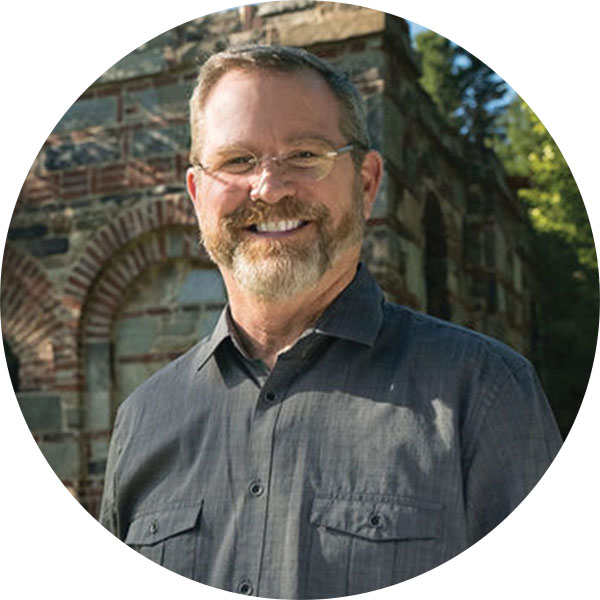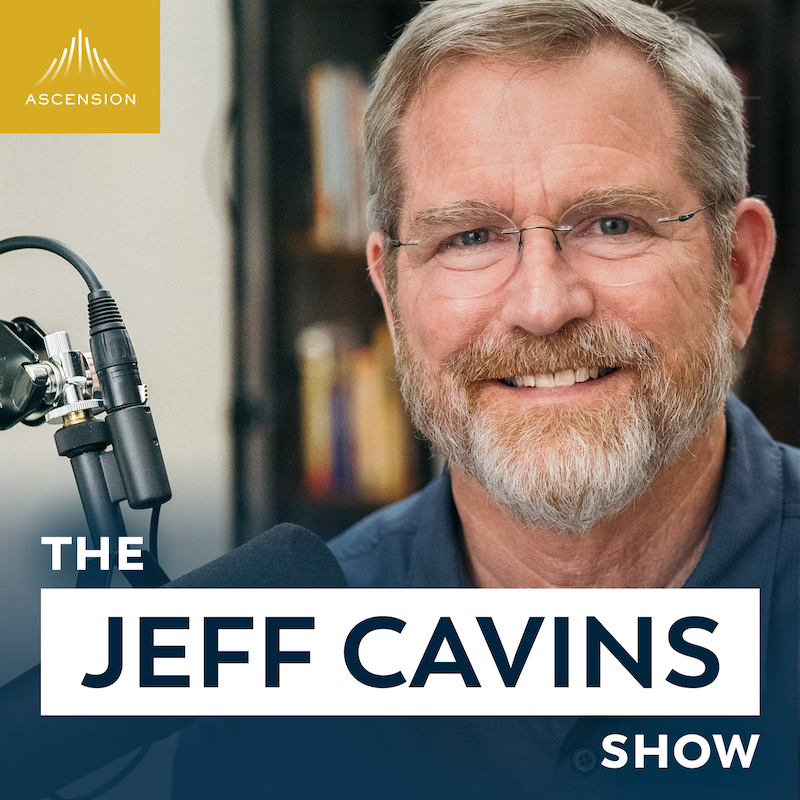Most people live by a calendar, but what about the liturgical calendar? The Catholic Church celebrates and remembers many important people and events throughout the year. Jeff Cavins explains what some of these important days and seasons are and how we can live our lives according to the liturgical calendar.
Snippet from the Show
By following God’s calendar, we will not waste time and energy. Rather, we will be focused on his will rather than our own.
Shownotes
“
The Liturgical Calendar
The liturgical year begins with Advent and concludes on the Feast of Christ the King.
Hebrews 10:23-25
“Let us hold fast the confession of our hope without wavering, for He who promised is faithful; and let us consider how to stimulate one another to love and good deeds, not forsaking our own assembling together, as is the habit of some, but encouraging one another; and all the more as you see the day drawing near.”
Catechism of the Catholic Church, Paragraph 2180
“On Sundays and other holy days of obligation, the faithful are bound to participate in the Mass. The precept of participating in the Mass is satisfied by assistance at a Mass which is celebrated anywhere in a Catholic rite either on the holy day or on the evening of the preceding day.”
The Cycle of Readings
The Sunday lectionary (guide to liturgical readings) is a three-year cycle of three readings. The first reading usually comes from the Old Testament and parallels the theme of the Gospel reading of the day. The second reading is usually from the epistles or the book of Revelation.
- Cycle A: Matthew
- Cycle B: Mark
- Cycle C: Luke
Holy Days of Obligation
- The Feast of Mary, the Mother of God (Jan 1)
- Easter
- The Ascension
- Assumption of Mary (Aug 15)
- All Saints (Nov 1)
- Immaculate Conception (Dec 8)
The Liturgical Seasons
Advent
- Preparation for the coming of Jesus
- Color: Violet
Christmas
- Celebration of the birth of Jesus
- Color: White
Christmas has its own octave:
- Sunday within the octave is the feast of the Holy Family.
- December 26th is the feast of St. Stephen, the first martyr.
- December 27th is the feast of St. John, Apostle and Evangelist.
- December 28th is the feast of the Holy Innocents.
- December 29, 30 and 31 are days within the octave.
- January 1st is the solemnity of Mary, Mother of God (Theotokos).
- Epiphany is the last Sunday of the Christmas octave and commemorates the visit of the wise men.
Ordinary Time
- We learn the teachings of Christ & work at building the Kingdom.
- Color: Green
- Ordinary Time begins on the Monday after the Sunday following January 6th and continues until the Tuesday before Ash Wednesday. It begins again on the Monday after Pentecost and ends before the evening prayer of the First Sunday of Advent.
Lent
- Preparation for the most important action of the Christ
- Color: Violet
- The word “Alleluia” is not used from the beginning of Lent until the Easter vigil.
- On Ash Wednesday, ashes are distributed, reminding the faithful that it was from dust they came and dust they will return.
- The sixth Sunday of Lent marks the beginning of Holy Week and is called Palm Sunday.
Triduum
- The final days of Christ’s life
- Color: White/Red
Holy Week is marked by five special days:
- Palm Sunday
- Holy Thursday
- Good Friday
- Holy Saturday
The Easter Season
- We enter into the resurrection life of the King.
- Color: White
- Easter Sunday: The celebration of the Resurrection of the King.
The fifty days from Easter Sunday to Pentecost are celebrated as one great Sunday.
- The liturgical readings during this period (mystagogy) aim to educate the new believer in the mystery of Christ.
- The first eight days of the Easter season make up the octave of Easter.
- On the fortieth day after Easter, the Ascension is celebrated.
- The weekdays between Ascension and Pentecost are a preparation for the coming of the Holy Spirit.
- Pentecost (50) celebrates the coming of the Holy Spirit (Acts 2).
The Parish Liturgist
The role of the parish Liturgist is very important to the parish’s life. While they work behind the scenes, they quietly guide the parish community through the life of Christ. Take some time to thank your parish Liturgist; they are the ones who are working hard to keep God’s calendar for you. Our responsibility is to respond with a humble heart.
Resources
- Email us at thejeffcavinsshow@ascensionpress.com
- Text “jeffcavins” to 33-777 to subscribe and get added to Jeff’s shownotes email list
- New Podcast from Fr. Mark-Mary Ames, CFR: The Rosary in a Year
- Visit Jeff’s website at www.jeffcavins.com
- The Great Adventure Bible
- Listen to The Bible in a Year (with Fr. Mike Schmitz)
- Pilgrimages with Jeff
- Jeff’s Daily Gospel Reflections with Jonathan Roumie: www.hallow.com/jeffcavins
Ascension is pleased to offer our new and improved online bible study programs and sacramental preparation programs digitally to help you minister with flexibility. Go to ascensionpress.com to view all our offerings.

Meet Your Host: Jeff Cavins
Jeff Cavins is passionate about helping people understand Scripture and become disciples of Jesus Christ. Though he was born Catholic, Jeff went to Bible school and served as a protestant minister for twelve years before reverting to the Catholic Faith. Jeff then received his MA in Theology from Franciscan University of Steubenville. Since then, he has become a leading Catholic evangelist and author.
Jeff created The Bible Timeline learning system, which revolutionized Catholic Bible Study for millions of Catholics. Since its introduction, Jeff has developed The Great Adventure series of Bible studies to help people better understand Sacred Scripture and its meaning for their lives.




